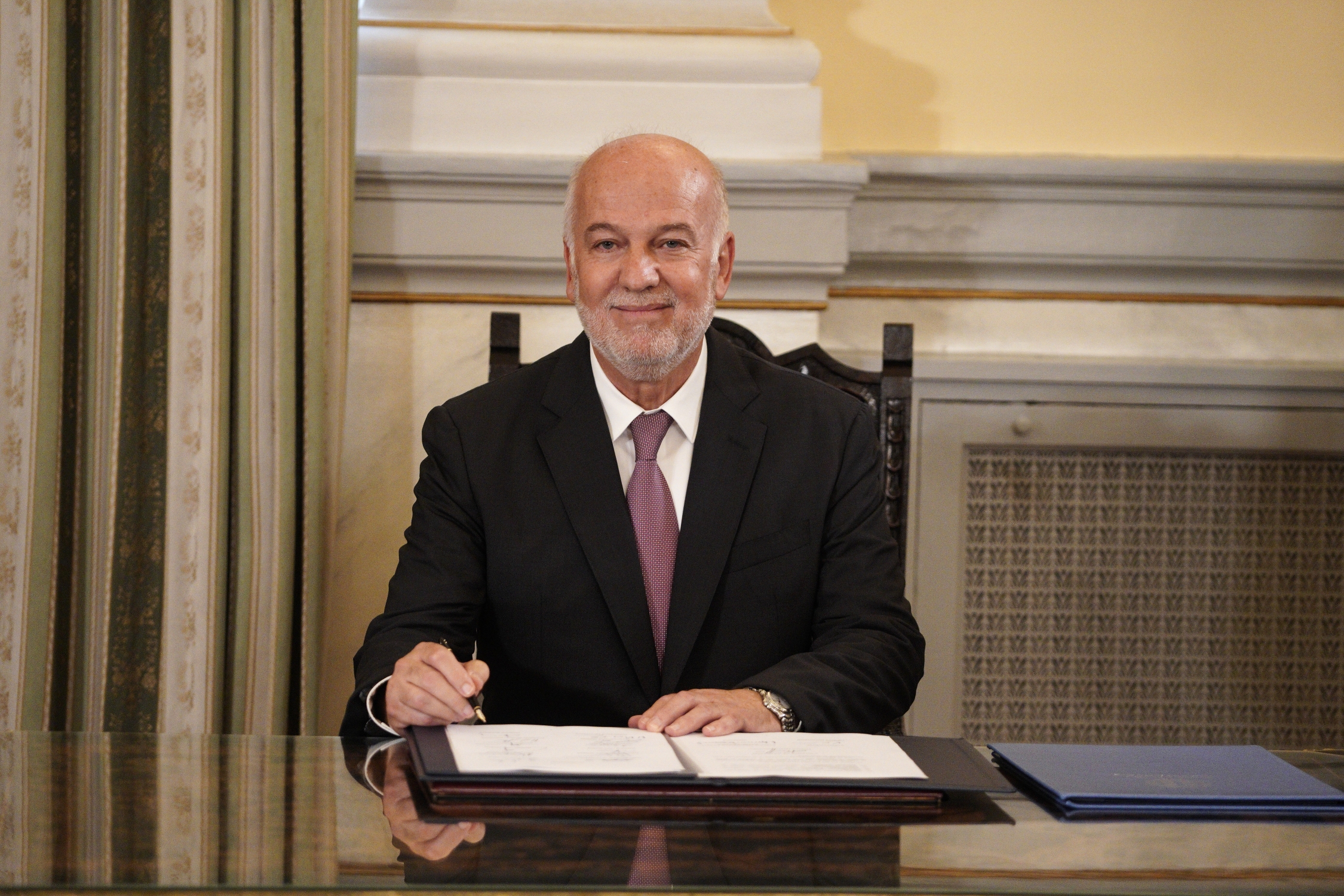
Surrogacy ban for same-sex male couples
A specific provision in the Justice Ministry’s multi-bill amends Article 1350 of the Greek Civil Code, which governs family law. The change explicitly and irrevocably denies same-sex male couples and single men the right to parenthood through surrogacy.
Surrogacy, a process in which a fertilised egg is implanted in a surrogate mother through medically assisted reproduction, will remain legal for single women and heterosexual couples where the woman has a medically confirmed inability to carry a pregnancy. While Floridis claims the measure has a “deeply humanitarian character” and argues that “Greece risks becoming a hub for surrogacy trafficking under the previous interpretation,” the ban is not applied universally. His reasoning is that “the inability to conceive due to sex does not constitute a medical condition under the current definition.”
This restriction was already implied in existing legislation but as Floridis claims it was not entirely clear as some court rulings had interpreted the law differently.
LGBT+ rights groups have criticised the move. Elena Olga Christidi, a psychologist and co-founder of Orlando LGBT+, stated that the ban has always been in place due to the restrictive wording of the original surrogacy law, which only permitted surrogacy for women and heterosexual couples. She condemned the new law for reinforcing discrimination against same-sex male couples, suggesting that it caters to conservative and homophobic sentiments rather than genuine ethical concerns.
“The Minister is now making this exclusion for married male couples explicitly clear, purely to satisfy homophobic and conservative sentiments.”
“By the way, and not at all coincidentally, uncontrolled medical tourism in the country began under Antonis Samaras and the New Democracy party in 2014, by the same people who now claim to be concerned about the well-being and protection of poor migrant women,” she emphasizes meaningfully.
Ministerial accountability and statute of limitations reform
The bill also abolishes the short statute of limitations for crimes committed by ministers. Previously, offences were subject to a two-parliamentary-term limit, effectively shielding ministers from prosecution. This change aligns ministerial offences with standard Greek criminal law, setting limitations at 5–8 years for misdemeanours and 15–20 years for felonies.
Floridis emphasised that while this amendment is legally unnecessary—since a 2019 constitutional revision had already addressed the issue—it is being introduced to eliminate any remaining ambiguity and prevent further public debate, particularly in light of recent cases such as the Tempe train disaster.
Prosecutors granted more oversight
According to ERT, another provision was introduced in response to a recent case in Rhodes. The bill grants appellate prosecutors the power to challenge decisions made by investigative judges. This means that if a prosecutor believes a judge has made an incorrect ruling—such as deciding to release or detain a suspect under restrictive conditions before trial—they can appeal to a judicial council for review.
______________________________________________
Are you seeking news from Greece presented from a progressive, non-mainstream perspective? Subscribe monthly or annually to support TPP International in delivering independent reporting in English. Don’t let Greek progressive voices fade.
Make sure to reference “TPP International” and your order number as the reason for payment.